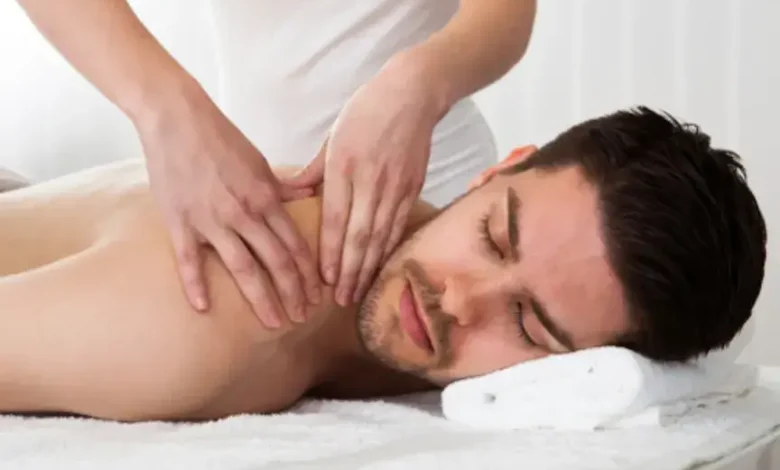How to Improve Sleep With Sports and Massage

Sleep plays an important role in the health of the body. Lack of sleep reduces resistance to disease, causes chronic fatigue, heart problems and even obesity. As a result, even activities you enjoy, like going out with friends or playing at hellspin1 make you anxious and tired. Sleep is important for the normal functioning of the brain, allowing it to learn and remember information. Let’s explore how massage and sports can help improve sleep.
How Sport Affects the Quality of Sleep
Physical exercise can affect both the sympathetic nervous system (increases metabolism, increases the excitability of most tissues, mobilizes the body’s forces for activity – editor’s note) and the parasympathetic nervous system (promotes the restoration of spent energy reserves, regulates the body during sleep).
It’s the activation of the parasympathetic nervous system that helps us improve the quality of sleep. It can be influenced through various breathing exercises, as well as through combinations of deep or guided breathing with movement, as in Pilates. This workout takes place at a relaxed pace, the movements are smooth but controlled, with a high concentration on technique and the connection of the breath. That is why among the effects of Pilates is not only a trimmed body but also a quality, restful sleep.
Exercises that improve the elasticity of the rear surface of the body will also help. For example, forward bends, child postures and other body positions (dynamic and static) in which the front surface softens and the back surface lengthens. Such exercises are also present in Pilates and myofascial release, a special self-massage of the muscles and fascia, the connective tissues that cover the muscles.
Is it Possible to Overdo Physical Activity So That You Can’t Sleep Later?
Yes, you can. If you overdo it by activating the sympathetic nervous system, it will be difficult to fall asleep. Therefore, active workouts that increase the heart rate (HR) are better not performed late in the evening, before going to bed.
For the same reason, all classes begin with a warm-up and end with a warm-up. In the warm-up, it’s necessary to speed up the heart rate and thus “wake up” people. Then comes the active phase, where the body turns on. And after that there must be a warm-up, precisely to bring people back to their normal state, to calm the nervous system.
Often, especially now, people are under increased stress, and this is a constant activation of the sympathetic nervous system. The body is in a state of survival, and the rate of functioning of all of its systems increases. If you also give active physical activity, which is not compensated by anything, this will also lead to a worsening of sleep.
How Many Hours Before Bedtime to Exercise
It depends on the type of activity.
If we are talking specifically about sports, medium and high exertion, then 4-5 hours before sleep. So that a person has time to eat after this physical activity, and then assimilate the food. If the load is low, you can exercise in the evening, right before going to bed. Soft motor practices, “smart” stretching combined with breathing exercises improve the work of the parasympathetic nervous system and prepare the body for a restful sleep. Especially useful will be exercises to mobilize the spine in all planes, bending, passive extension, rotational movements, massage techniques and myofascial release – they will help to relieve both muscular and psycho-emotional tension, and to ground a person a little before going to sleep.
How Massage Helps Improve Sleep Quality
The massage activates neurotransmitters and improves the production of hormones such as serotonin and dopamine. These in turn help to stabilize emotions and stress, resulting in deep relaxation. The massage also has a direct effect on the parasympathetic nervous system, which is responsible, among other things, for quality recovery and important processes during rest and sleep.
The effect of complete relaxation can and should be achieved even after a single session, because we affect the body system through the physical aspect of the touch, as well as engaging all the senses during the massage. With regular massage sessions, you accumulate the effects and “teach” your nervous system to rebuild itself. And all other systems of the body improve their functions over time: circulation of fluids increases, triggers are released and muscle tension is relieved, there is fullness in the body and freedom in the joints. All of these effects are sure to improve both sleep and wakefulness states.



